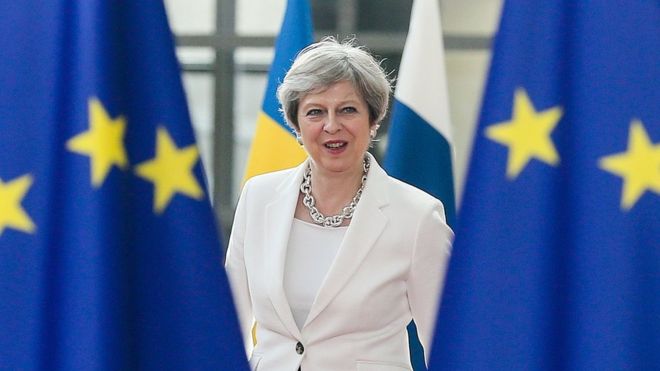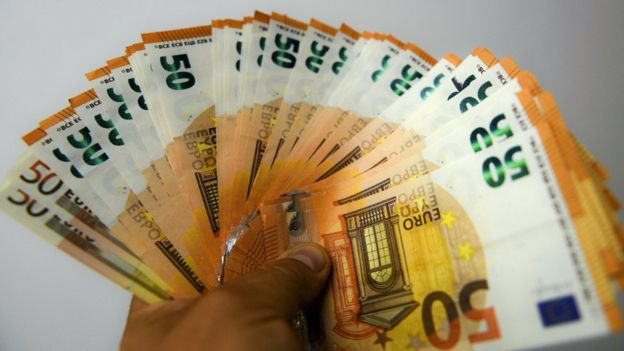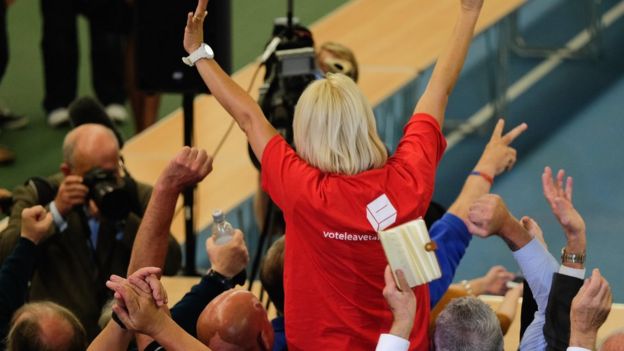PM to hold Brexit 'divorce bill' meeting

Theresa May is to chair a meeting of some of her senior ministers to try to make progress on stalled EU talks.
They are expected to discuss how much the UK should offer to pay the EU to settle its bill as it leaves.This bill, which is likely to run into billions of pounds, is one of the main reasons for the logjam in negotiations between the UK and the EU.
Downing Street dismissed reports the UK could double its initial offer to the EU to £38bn.
The UK's offer so far is estimated to add up to about £20bn.
What is the bill for?
The EU says the UK needs to settle its accounts before it leaves. It says the UK has made financial commitments that have to be settled as part of an overall withdrawal agreement.The UK accepts that it has some obligations. And it has promised not to leave any other country out of pocket in the current EU budget period from 2014-20.
But the devil is in the detail.
There are also issues like pensions for EU staff, and how the UK's contribution to these is calculated for years to come, and the question of what happens to projects that will only begin after the UK has left.
Talks have stalled so far
The EU says it will not discuss a new trade deal with the UK until issues like the "divorce bill" have been settled, and has given Mrs May a deadline of early December to increase the UK's offer.
The issue of the Irish border and what happens to EU and UK citizens living in each other's countries also needs to be settled.
Speaking on BBC Breakfast, Business Secretary Greg Clark said the amount the UK was prepared to offer should only be discussed in private because the UK had to "exercise discipline" in the negotiations.
On Sunday the chancellor, Philip Hammond, said the UK would come up with proposals in time for the crunch summit in mid-December, where the EU will decide whether to move the negotiations on to talking about future issues like trade.
He promised Britain would honour its debts but also "negotiate hard" on the various aspects of the financial settlement.
BBC political editor Laura Kuenssberg's take

The question to be answered on Monday could be profound.
One source told me: "People have to decide if they really want to make progress and support this prime minister, or not."
For some in government that tight group of cabinet ministers must on Monday take a decision as vital as that - do they want to do a deal with the EU, or not?
Of course there is bravado on both sides.
As ever, whether thinking of talks on the continent, or in government, take every utterance with a pinch of salt.
How did we get here?

Before that the two sides have to agree all sorts of things - including what happens to people living in different countries, how the UK will trade with the EU in future and how the borders will be managed.
So the two teams of negotiators have been meeting in Brussels every month.
But there has not been much of a breakthrough so far, with the "divorce bill" proving to be one of the key sticking points.
Part of the problem for Theresa May is that while the EU wants the UK to offer more money, some of her MPs say this would be unacceptable and that the UK should just walk away and leave.
Comments
Post a Comment